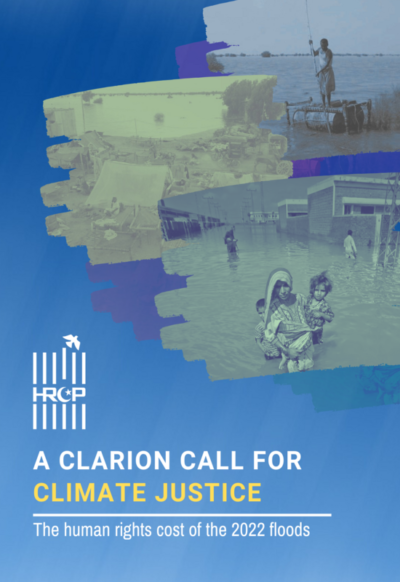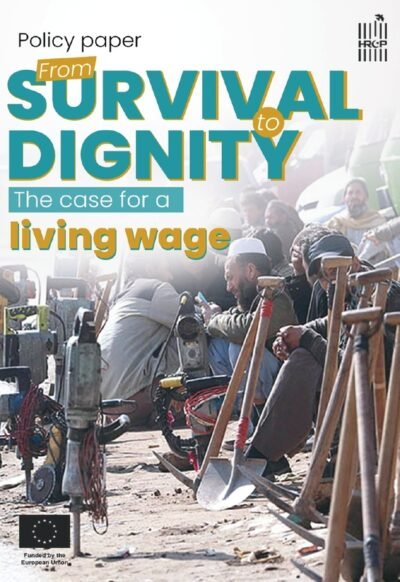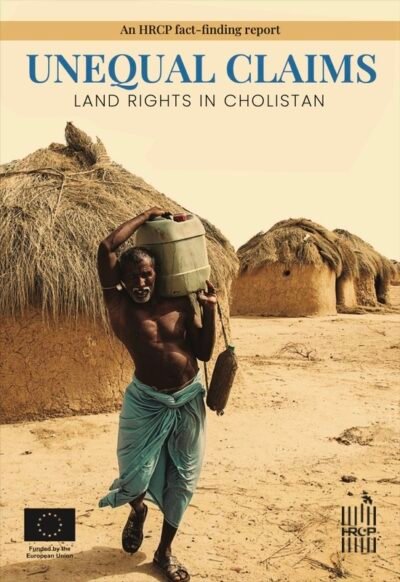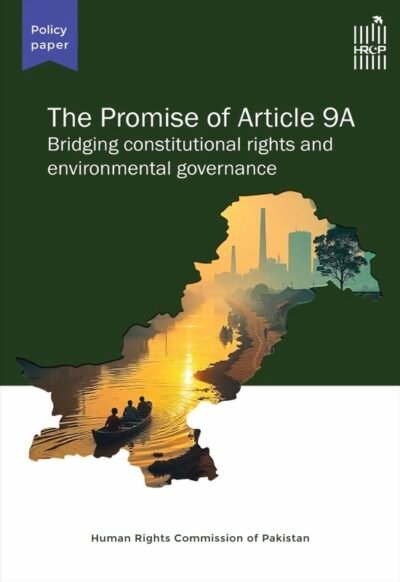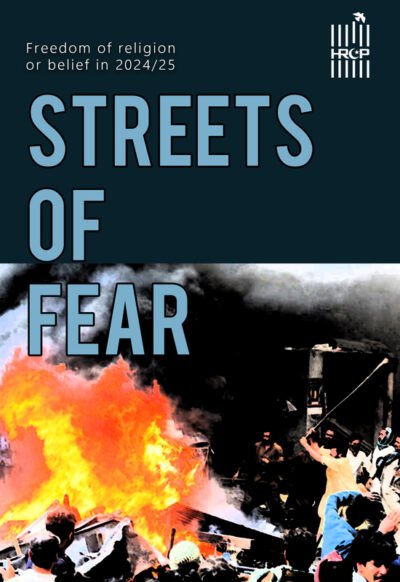The impact of the 2022 floods in Pakistan cannot be understated. According to the country’s National Disaster Management Authority (NDMA), a total of 1,739 lives were lost, 12,867 people were injured and over 33 million people were affected. With a third of the country submerged under water, citizens in 90 districts hit by the calamity were left homeless. Over 1.7 million houses were destroyed by torrential rains, glacial lake outburst floods (GLOFs) and the flooding of the Indus River and its tributaries. The havoc wreaked by these floods have also laid bare the socioeconomic fault lines in Pakistan, exacerbating the effects of runaway inflation, an energy crisis and massive food insecurity. These factors, combined with recurring climate emergencies, such as heatwaves, smog and droughts on an already struggling population, leave little room for relief and rehabilitation.
This situation underscores just how integral environmental rights are to the realisation of fundamental human rights, such as the rights to life, health, food, water and sanitation. Without a safe, clean, healthy and sustainable environment, people (particularly vulnerable groups) cannot live at a level commensurate with the minimum standards of human dignity. This is why a new social contract must be envisioned, one rooted in climate justice—the concept that climate change is an ethical, legal and political issue rather than solely environmental.3 The disproportionately adverse effects of climate change on the fundamental rights of the most vulnerable communities in Pakistan must be acknowledged and the state’s responsibility to these communities fulfilled by building a more resilient system of governance that puts climate science first.
This study examines the impact of the floods from three perspectives: the right to health, the right to shelter and the right to livelihood. It also analyses the policies and (in)action that have led to Pakistan bearing the brunt of the impact of climate change despite contributing less to global emissions than other countries.4 It draws on expert analysis from a high-profile roundtable held by the Human Rights Commission of Pakistan (HRCP) in December 2022. The study is complemented by case studies of flood-affected persons and relief workers from different parts of Pakistan who were interviewed by six teams of human rights workers and journalists during a series of fact-finding missions conducted in September 2022.
While Pakistan has every right to demand climate reparations, it must also look within and articulate a strategy to ensure that its most vulnerable groups receive climate justice, and to secure all people’s rights to shelter, health and livelihood amid the climate crisis. Both state and society must recognise that the climate crisis is not a comfortably distant prospect—it is happening here and it is happening now.


